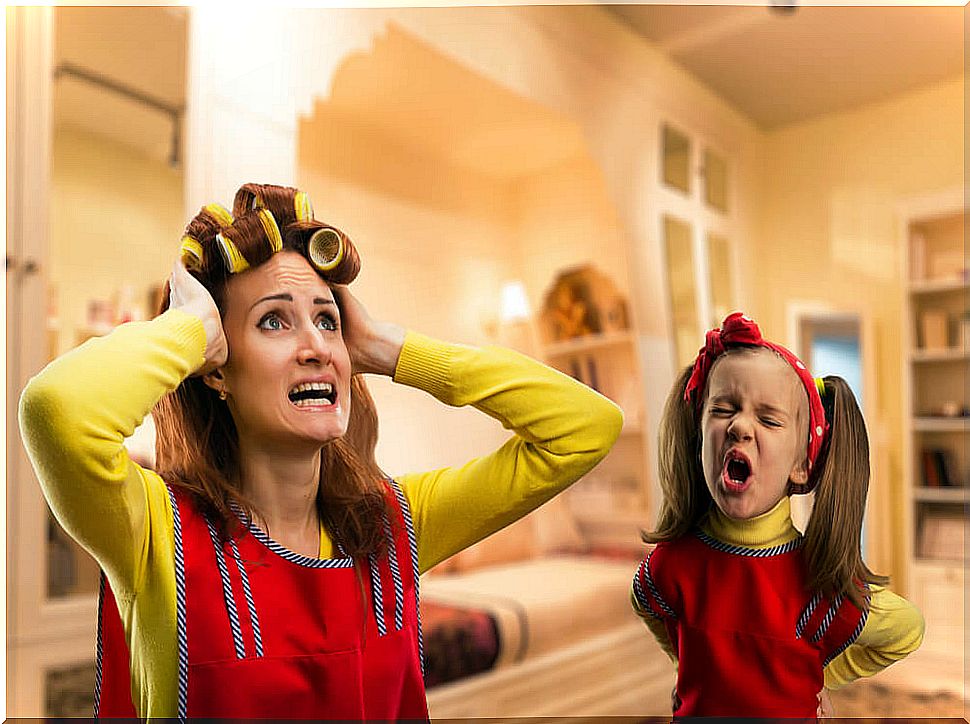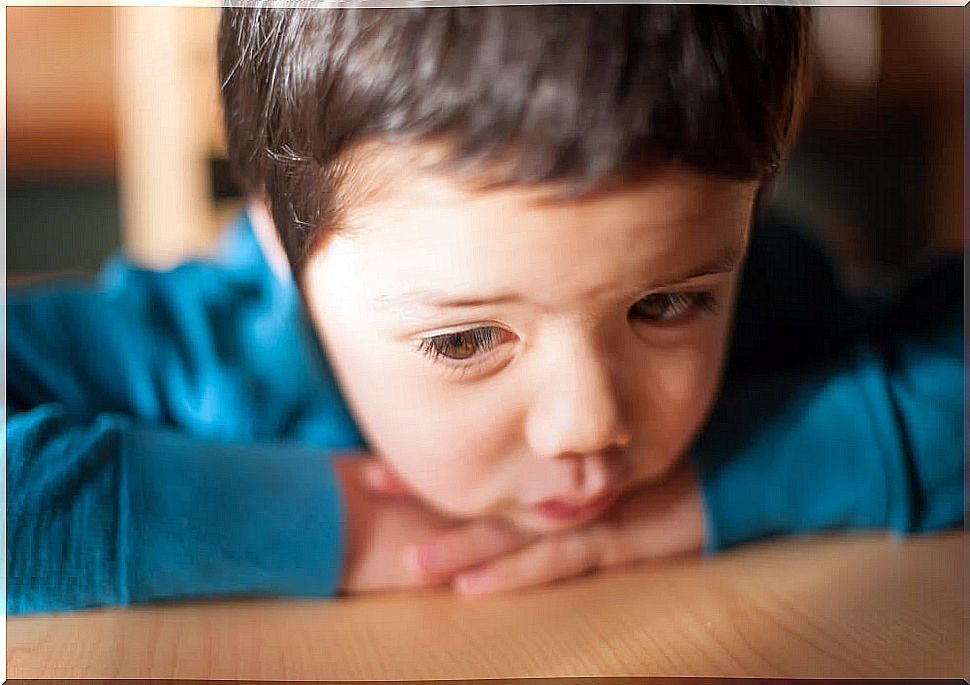Avoid Misbehavior In School-age Children

When a child misbehaves, there is always a feeling inside that triggers it. Normally, it is sadness, at other times, rage or anger, and even frustration. Sadness, like any other feeling, is a normal emotional phase that all people must feel and go through. Sadness helps us understand that there is something in our life that does not allow us to be well and that it must change.
Life has changes, and this can cause sadness, a sadness that diminishes or ends as soon as the problems that cause it are solved. But, if not given proper attention, sadness can sometimes lead to depression, which can lead to more complicated emotional disturbances and behavior problems.
Children feel sad too
Like adults, children, especially those who are already of school age, also experience sadness in the early stages of their lives. Due to various behavioral and sociological factors, young children can be prone to sadness, especially if they do not receive enough time, safety, care, and support from their parents or peers.

Behavioral problems are believed to affect cognitive learning. This can also be a problem, especially in memory and language development for children who are already of school age. Parents and teachers are advised to pay more attention and support to the little ones to avoid behavior problems.
How to avoid bad behavior
To prevent misbehavior in children, both at home and at school, (in addition to paying more attention to preschoolers), here are some strategies parents and teachers can use:
- Pay attention to what a child asks or demands. Being attentive to children’s requests will make them feel more important and can help them see things in a positive light. You can help children have a positive outlook in life by taking a few steps further.
- Teach a positive attitude. You can teach a child to have a positive attitude in life by guiding them to be more independent and self-reliant. Always assure a child that he will always have your love and your support.
- Tell him you want him. Saying “I love you” daily or as often as you can helps your child cope with possible sadness when you are not around. The assurance of your love and support can also give them more self-confidence.
- Listen to what he has to say to you. Being interested in a child’s daily activities or asking how he feels about certain things will make the child feel that he is important. This feeling of importance can help a child feel secure in the knowledge that the adults in their life consider them important.
- Nurture their interests. Encouraging and nurturing a child’s interests, hobbies, and inclinations will make him feel like you support his decisions and choices.

- Spending quality time together. Even if you are busy, make sure you spend quality time with a child to stay up-to-date on what’s going on in their life. This bonding time can also help the child to get away from the sadness they feel because there are people who are willing to spend quality time with them.
- Notes. If you notice that a child’s mood is continually fluctuating or he loses the urge to do something he previously enjoyed, it is time to ask what is wrong with him. Observing a child’s behavior can also help you determine what is bothering him and can help you monitor whether he is prone to developing behavior problems.
- Be an example to follow. Showing a child positive approaches to dealing with problems can help him acquire the skills necessary when dealing with his own problems. If they see how you deal with specific problems, they are likely to follow suit and apply it on their own.
Parents and teachers can help alleviate sadness and depression in children, which in turn will allow them to learn and avoid behavior problems later. Taking the time to show a child that you really care for him can have an impact that will last a lifetime.










